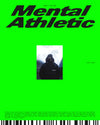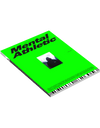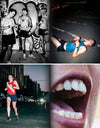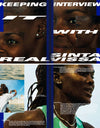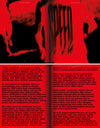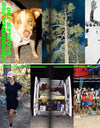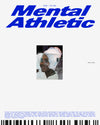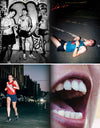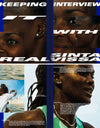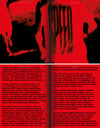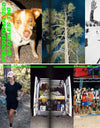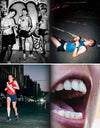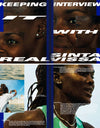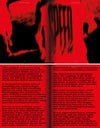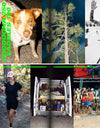MENTAL ATHLETIC: How did your cycling journey begin? Were most of you already into riding, or did you approach it later?
PAT: I started racing on the velodrome when I was 4 years old. Cycling quickly became my passion, something I was determined to excel at no matter the cost. I achieved considerable success as a junior, winning multiple national championships, and aspired to become a professional cyclist. However, the pressure I placed on myself eventually pushed me away from the sport. For a time in my early twenties, cycling felt like something I used to do, not something I loved. I had to reframe my relationship with the bike, viewing it as a tool for connection—with people and with myself—rather than just competition.
KERRY: I was 16 when I walked past a local thrift shop and saw a beautiful 70s Team Raleigh Ti road bike for $5. I bought it immediately. On my first ride, with its slim 23c tires, it felt like I was flying a rocket. That bike started my obsession with road bikes—buying, restoring, and riding them. As someone with a passion for design, I was captivated by cycling’s history, culture, and aesthetics. Over time, I collected and admired many bikes, including a Cinelli Proxima that I absolutely loved. When I turned 18, I began studying architecture, and cycling took a backseat during my studies. After graduating, I reconnected with riding and started racing local criteriums, thanks to encouragement from Damion (Duda) and Pat. I’ve now been racing crits for nearly a decade.


